1. An Introduction to Sustainability
This course provides an overview of ‘sustainability’ from a global, national and international perspective.
Sustainable development is widely understood to mean ‘development which meets the needs of the present without compromising the ability of future generations to meet their own needs’.
This is the definition set out in Our Common Future, a report by the UN World Commission on Environment and Development (the Brundtland Commission) in 1987 which got everyone talking about sustainable development.
Along with the impact of our current actions on future generations, sustainable development also helps us to understand that social, economic and environmental problems are connected. If we create a solution in one area, it could have a positive or negative effect on another. It is often said that governments need to ensure there is ‘policy coherence’, which means this connectedness is reflected in their policy making.
There is still much debate about the concept and practicalities of sustainable development. The Sustainable Development Goals are the international communities’ most focused attempt so far to set out what sustainable development means in practice for all nations, rich and poor.

Whilst almost all scientists agree that the climate is changing and the global temperature is rising, there is much debate about how to actually go about solving these challenges. The following course will deliberately put you out of your comfort zone and challenge what you may already think about sustainability, all in the hope that you look at each situation thoroughly and objectively in order to come up with your own conclusion.
The United Nations was founded post WW2 and has the goals of creating global peace and security, whilst maintaining friendly relations between nations.
Watch this video to see how this global intergovernmental organisation defines sustainable development for the future.
Here are the UN Sustainable Development Goals. Consider how your work will be able to contribute towards these global goals, and start to anticipate any challenges that you may come up against…
Sustainability is needed to ensure the life of our planet and all those who live on it are secure for the future.
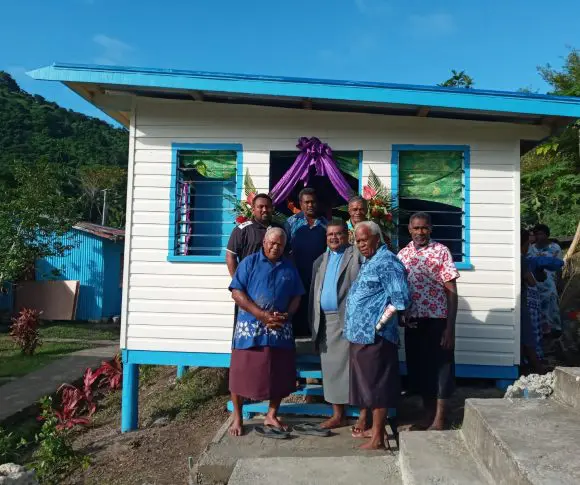
Through creating an environmentally positive impact, humans can ensure that both the health of the land and our people are paramount and continue to thrive. Building more resilient homes and shelters will mean that more lives will be saved and fewer people will become injured or dispossessed during natural disasters. By developing cleaner energy sources and products, we will be able to transform the future whilst meeting the basic needs for those living in all parts of the world.

Through innovative designs we will be able to better look after our planet. Whether through creating new environmentally friendly products, changing our human behaviour or preventing destructive acts such as overfishing and deforestation, we are at a crucial point where we need to implement effective changes to our lives for the sake of the planet.
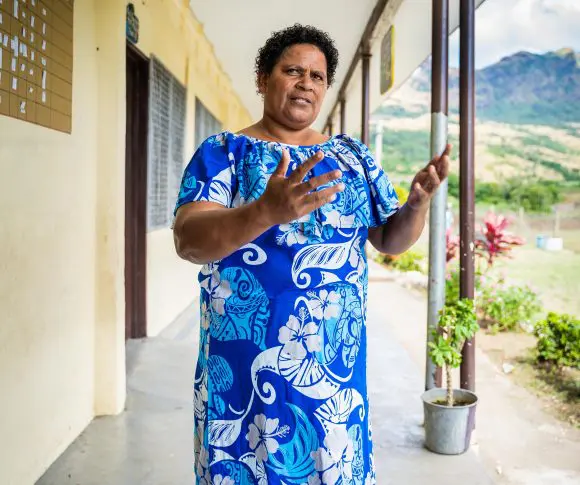
Money isn’t a trivial matter when it comes to climate change and sustainability – increased wealth can have huge implications in terms of safety. If individuals and governments can invest in better protection for communities prior to natural disasters or sea level rise, less money will have to be continually spent on rebuilding communities and cities post-disasters. In turn, this leaves more money available to invest into healthcare, education and environmental programs.
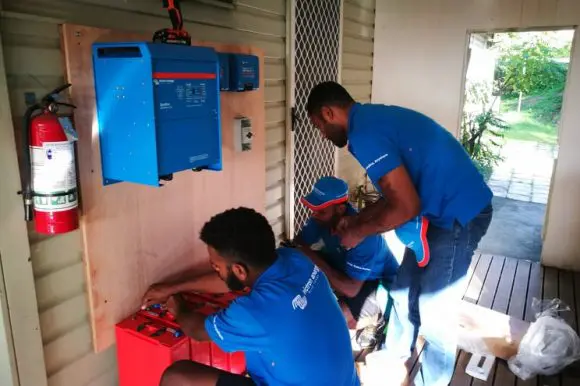
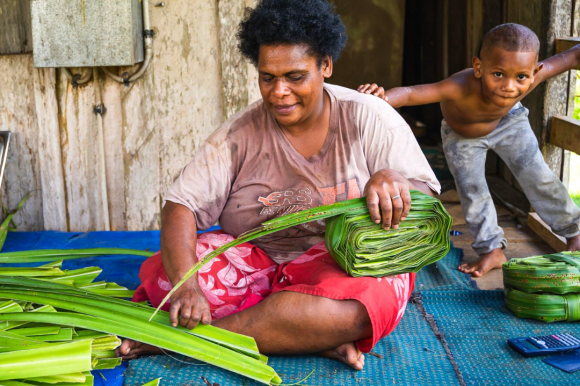
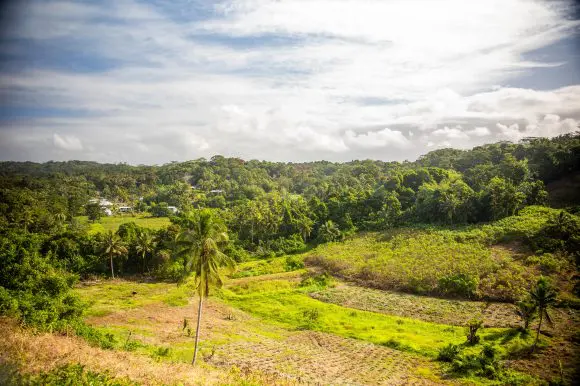
Under the United Nations it is stated that every person has the ‘Right to Development’ – as a result it is important to consider how different practices on an international, national and individual level can restrict this human right.
As you work through this short-course we challenge you to consider where you, your lifestyle or if any organisations you may have unknowingly supported, have benefited off of the unsustainable use of the Earth’s resources. Additionally, begin to develop your views on the future role of governments who have driven unsustainable growth and what a global approach may look like in tackling unsustainable development.
In watching the video to the side, consider the ripple effect of actions that have led to this scenario and those that may result following rising incidences such as these. You may want to think about the roles of consumers, policy writers, voters and business leaders, to name a few.

